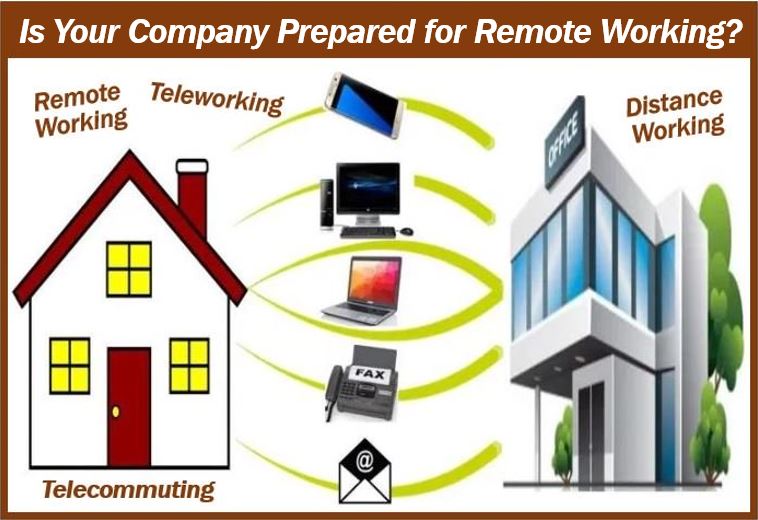Running a company is quite a challenge these days as the market has become competitive and the target audience is becoming more unpredictable. There is no guarantee to succeed, which means you have to do everything possible to maximise profits. Many businesses conceived from brilliant ideas that had the highest probability of succeeding and offered the best working conditions around have failed when venturing into the world of business.
One of the smart ways to maintain your business for the long run is to be smart about expenditure. A lot of revenue goes into paying for supplies and resources at the office, but if you are smart about it, you can quickly turn the tables and run on a low office budget, which will allow you to save more. Recycling, saving on electricity, and opting to go paperless are just some ways to save both money and resources for your company.
All that being said, it is also important now to consider how Covid-19 could also change office design for business owners and employees. With many people working from home, businesses will be saving on electricity bills and printing but perhaps not office rent. If employees are returning to the office, workstation changes, implementing office screens, and using one-way systems are just some office changes influenced by Covid-19, highlighted in this useful article by Southern Office Furniture.
-
Go paperless

With all the technological advancements, there is no reason you should have a separate room to store all the documents and paperwork generated. Depending on the kind of business you are running, you might be spending quite a fortune to buy reams of printing paper. Printing paper is not inexpensive, and the more you use, the more you have to pay out. Besides this, there is also the cost of buying printer ink and other stationery such as staples, files, and envelopes.
The simplest and only solution for this is to start going paperless. Store your documents as softcopy files on your office computer and leave hardcopy files for those documents that must be printed, such as contract agreements. Although technology is a must have for offices for wireless printers, going paperless can save electricity, paper, and ink, so it can be useful to consider whether or not some documents have to be printed, especially in colour and in large quantities.
-
Encourage working from home

The resources in your office are overused to full capacity when all your employees work from the office. The air condition units and heaters are probably in use for the better part of the day to keep the atmosphere in the office fresh and free from stuffiness. You also need to pay more for WIFI to get more bandwidth since there are many users. These are just examples of some of the costs you have to incur when the office is packed to capacity.
Instead of subjecting your accounts to huge deductions every month to pay for certain utilities, encouraging your employees to work from home can be an option to consider. Having fewer employees coming to the office every day, on a rotational basis, could allow you to move to a smaller office to minimise rent.
Whether employees are working from home occasionally or full-time, it’s important that they look after their well-being. Some useful tips to tackle working from home, that can help improve your physical and mental health, include sticking to a routine, giving yourself breaks, and setting work boundaries.
-
Turn off all devices that are not in use

It is understandable to have several appliances in the office, but they all do not have to be in operation at the same time or at all times. Remember, the electricity bill is one of the primary resources that dig deep into company pockets every month. Make it a rule at the office to turn off lights in rooms that are not in use and also to shut down all computers, office screens, and printers that are not in use as well.
-
Switch to laptops
Laptops are not only portable, but they are more energy-efficient compared to desktop computers. Less power consumption equals less money spent to pay electricity bills. Consider replacing your desktop computers with laptops, and if you are stuck on the idea of using desktops, be sure to use newer models that are more energy-efficient.
-
Recycling office waste & computer equipment

One of the beneficial ways to save your company money and reduce impact on the environment is recycling office waste. One of the big tasks of office recycling is mainly tackling paper usage. Recycling bins around the workspace can encourage employees to recycle materials. Another useful and eco-friendly work method is recycling old computer and printer equipment. A good number of companies offer discounts to clients who recycle their monitors, ink cartridges, printers, and other computer equipment.

